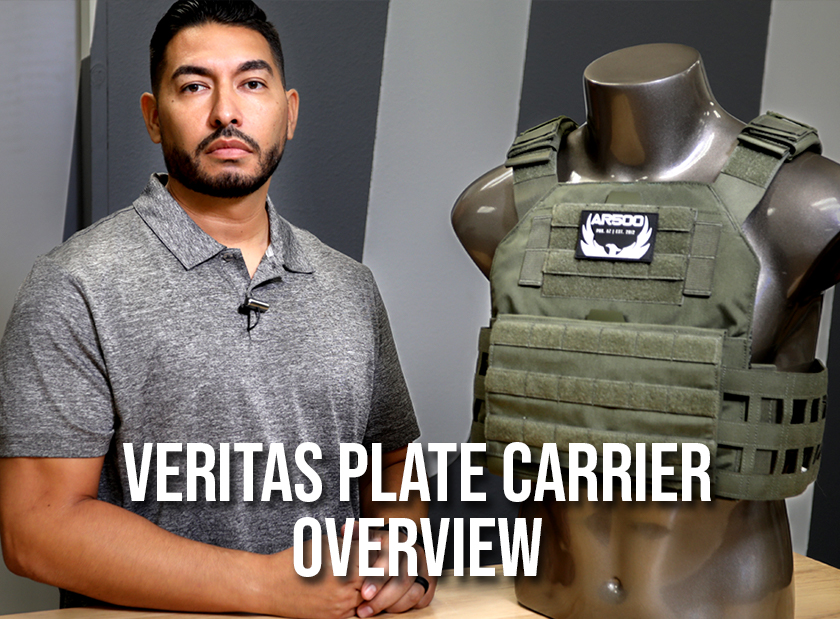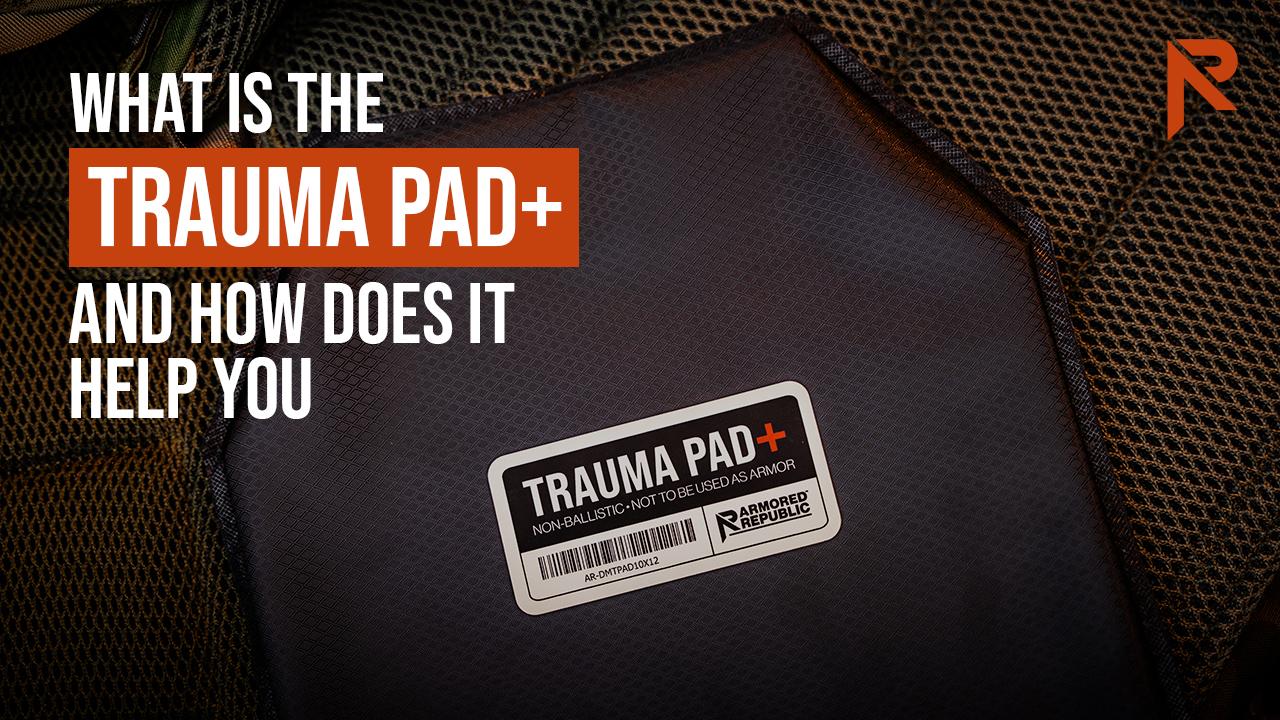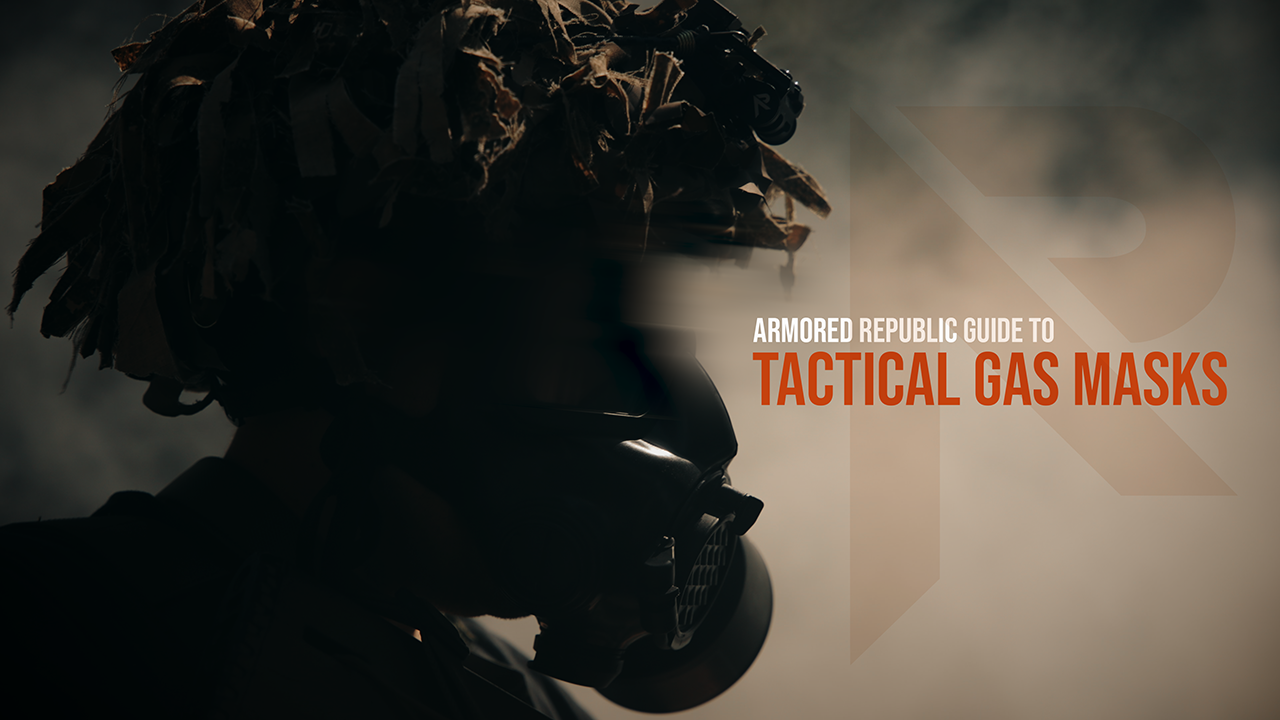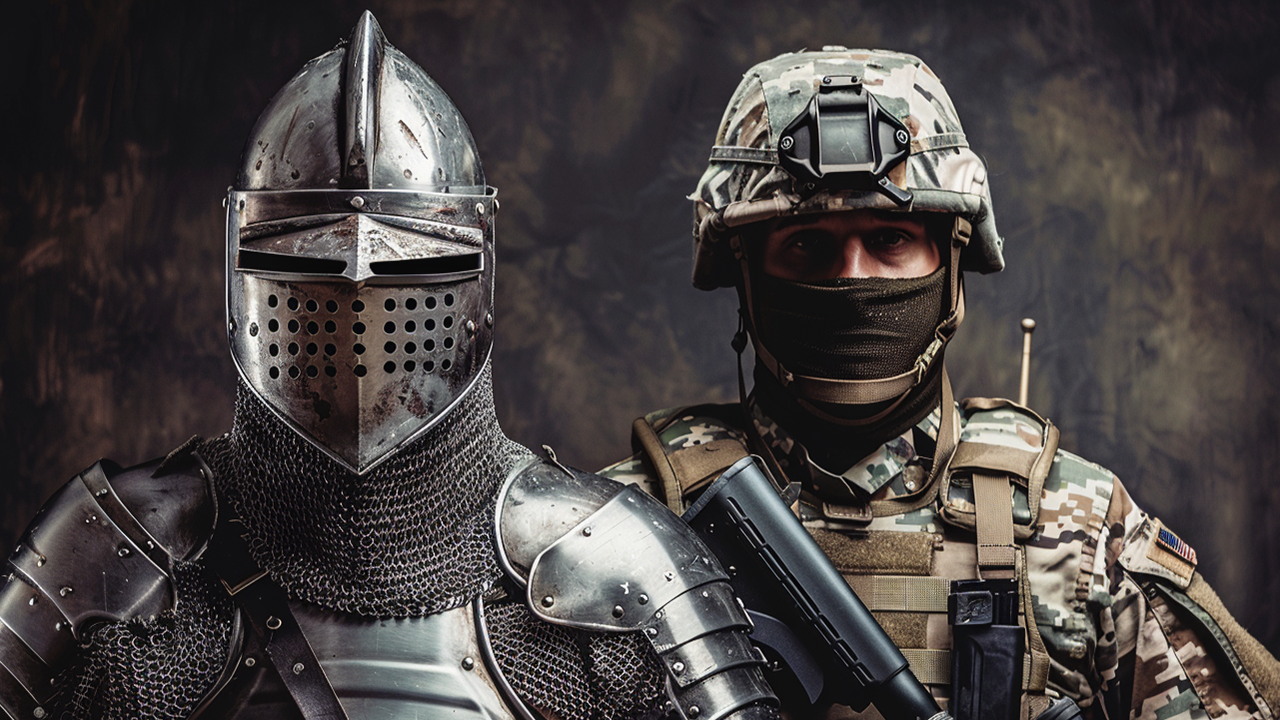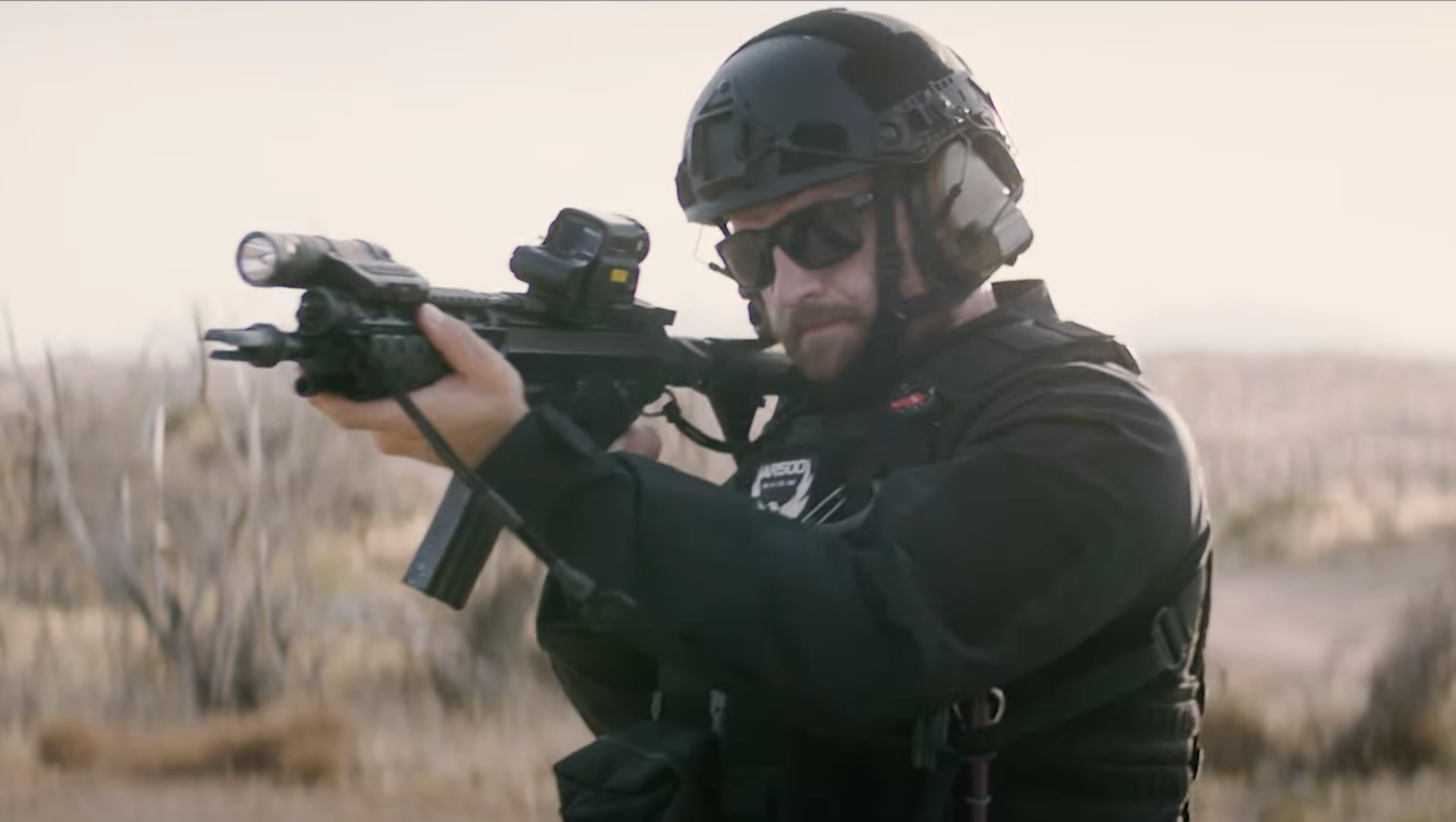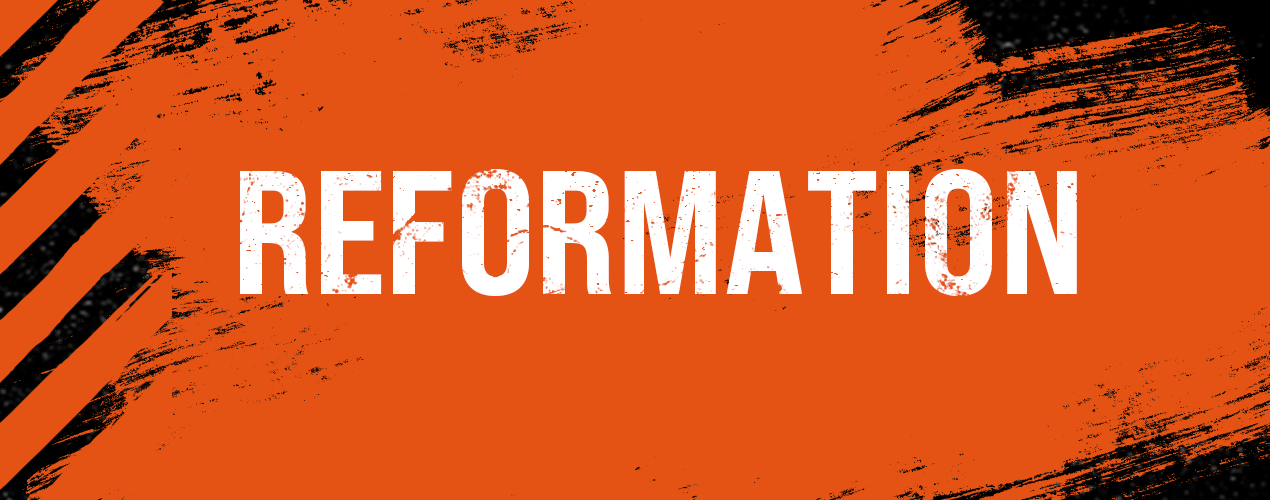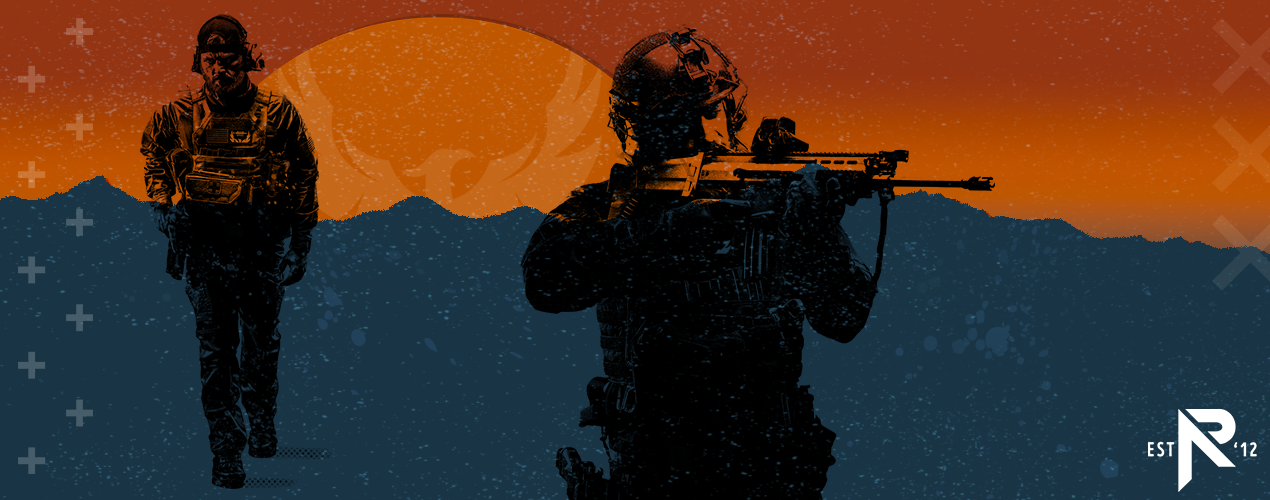A Republic, if you can keep it
- Feb 11, 2020
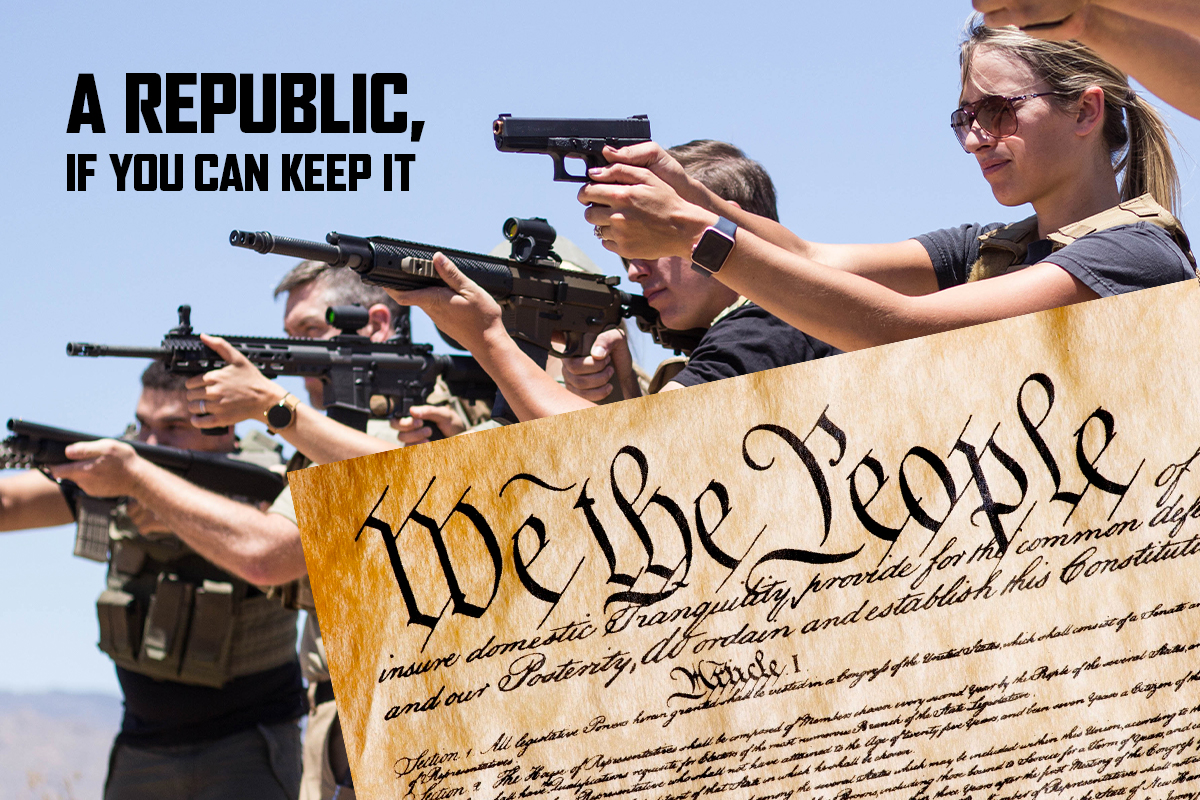
Many in our nation talk of the Constitution and the God-given rights we claim under it. But how did the Constitution come about, and why is it important to our nation, even today?
Yes, we are coming after your guns
After a series of Acts designed to extract taxes and reassert its authority over the Colonies, the forces of King George moved to Lexington and Concord to confiscate colonialist firearms. This clash with local militiamen on April 19, 1775, was the ‘shot heard around the world’ and the beginning of the Revolutionary War to escape the tyranny of an absentee king.
Once the business of winning the Revolutionary War was completed with the British surrender at Yorktown in 1781, our founders set to create a government for our new nation, resulting in the Articles of Confederation adopted that same year. It soon became apparent, however, it wasn’t working as planned.
Although the Articles of Confederation gave congress the power to wage war, sign treaties, coin money, it had no enforcement mechanism. Congress could request money from the states, but there was no way to compel payment. Any changes to the Articles required a unanimous vote of the states, a near impossibility. Further, many states were in dispute with each other over territory, taxation and trade, and all the ‘in-fighting’ was threatening to destroy the new nation.
If at first you don’t succeed
Alexander Hamilton and a few others convinced the Congress to organize a “Grand Convention” of state delegates to revise the Articles of Confederation, but soon began discussing the idea of creating a completely new form of government.
There was still a strong sentiment of distrust over having a strong central government, since they’d just finished fighting the tyranny of the centralized power of King George. The Anti-Federalists, as they were known, didn’t want the central government to encroach on the rights of individuals and states.
After some negotiating and promises by the Federalists to guarantee basic rights in areas such as free speech, bearing of arms, search and seizure, and self-incrimination, convinced the Anti-Federalists to sign, the Constitution of the United States of America was formally ratified on June 21, 1788. The Bill of Rights as we know them was ratified in December, 1791.
Why our constitution is still relevant
The framers of the U.S. Constitution designed a system that sought to protect individual liberties from the tyranny of the majority, and give equitable representation to the states via representatives of the people in the House of Representatives and the states in the U.S. Senate, though that became somewhat irrelevant with the ratification of 17th Amendment, which made senators directly elected by the people vs. state legislatures.
And while it’s generally worked very well, it hasn’t been perfect. Despite the efforts of our Founding Fathers to design a system that would give the central government enough power, but not too much, all three branches of government have gone beyond the letter and spirit of the document to expand their powers beyond what they should be.
What does this mean?
Benjamin Franklin was reported to have answered a question about the type of our newly formed government, saying “A Republic, if you can keep it.”
Over the years, there have been efforts to weaken our Constitution’s strength, some successful and some not. But in the end, there’s always a failsafe, the Second Amendment:
“A well regulated militia being necessary for a free state, the right of the people to keep and bear arms shall not be infringed.”
The Second Amendment isn’t about hunting, nor is it about personal defense, at least not directly. It’s about having the means and responsibility to resist tyranny, because dictators cannot easily subjugate an armed populace.
Governments that hate liberty love to make it hard for individuals to be armed and armored.
Tyrant wannabes and mob rule demagogues use criminals as an excuse to reduce the arms possessed by citizens gradually through bad legislation as steps towards disarmament.
Being armed with the tools of liberty requires more than just owning firearms. In our time, a good rifle is the primary tool of liberty required to resist tyranny. The second tool of liberty is armor. Because if you have to use the first, you’ll want to use the second.
Owning both provides you the tools needed to defend your God-given rights and to pass them on to the next generation. The Second Amendment gives us the ability to fight back against those who would oppress us, and continue our more than 229 years as a Republic.
If we can keep it.
